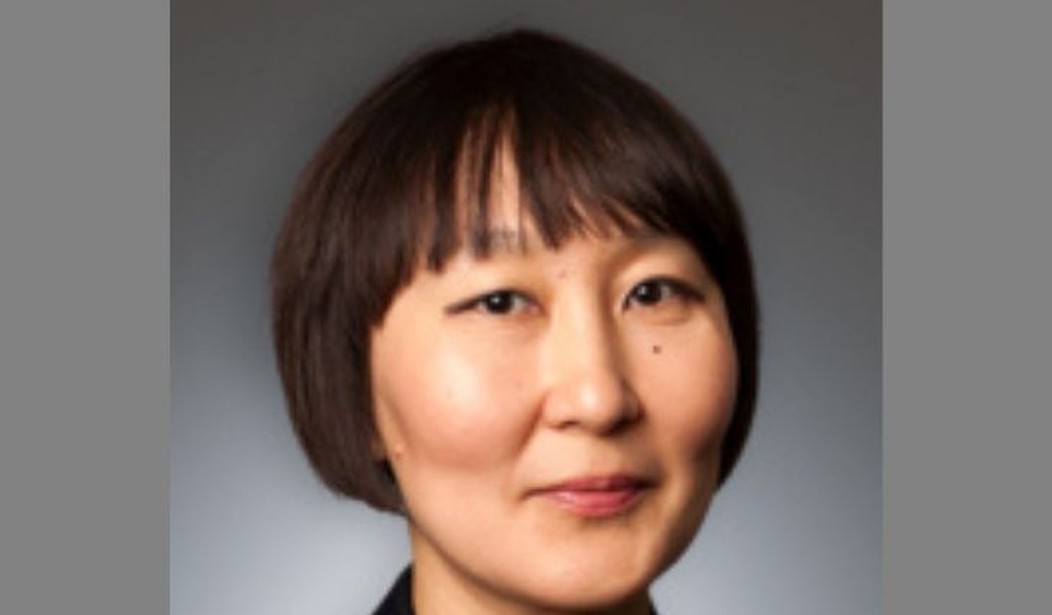The increasingly troubled nomination of Saule Omarova to head the Office of the Comptroller of the Currency took a turn towards the mean as news outlet Fox News published a story headlining a long dismissed 1995 misdemeanor arrest in Wisconsin for retail theft.(“White House stands by nominee Saule Omarova, who was arrested in 1995 for ‘retail theft'”).
While the story explains in detail that the charge was dropped in 1996 as part of Wisconsin’s first offender policy and that Omarova has been honest and open about the incident throughout her career, the timing of the article comes on the heels of last week’s news that Democrats on the Senate Banking Committee have expressed reservations about two of Omarova’s past financial policy positions.
It begs the question of whether the Senate Banking Committee is now signaling the White House that the entire body is beginning to turn against the nomination.
Senator Ted Cruz’s Twitter account retweeted the Fox News story, with the question “Is it the best idea to put someone arrested for “retail theft” in charge of our banks?”
Is it the best idea to put someone arrested for “retail theft” in charge of our banks? https://t.co/fP7BRTAy4V
— Ted Cruz (@tedcruz) November 17, 2021
In recent weeks, anecdotal attacks against the nominee have circulated the news narrative. Omarova’s early education at Moscow University, her penchant for Marxist theory, her off-the-cuff remarks about the expendability of smaller oil industry companies in pursuit of a greater climate change good, and her quippy observations of the personal character of the more colorful members of banking and finance. All have received news, social media, and meme coverage. The latest allusion dredging up her 1995 arrest attests that the campaign of sensation against President Biden’s nominee carries on.
Omarova is, as the White House notes in its continuing support of the nominee, in fact, technically highly qualified for the role. She is a leading academic in the field of bank regulation and law. She has served multiple administrations. She practices law working closely with the very “a——-” her meme says she derides. Objectively, her bona fides are equal to other past Comptrollers of the Currency who have served the nation.
But it’s her policy stances on issues such as the “changing banking as we know it,” migration of demand deposit accounts (DDA’s) from private banking to the Federal Reserve, and her support for the concept of a National Investment Authority (NIA) that would have the authority to compel the direction of private investment a la Chinese Central Committee style strategic investing, is where Democrats, and Republicans too, have taken substantive issue with Omarova. I covered these in more detail last week, “Why Congress Is Troubled by the Saule Omarova Nomination.”
The DDA issue is particularly substantive, because Omarova, as head of the OCC, would hold powerful sway over the direction the “core deposits” of the bank she would be regulation does. It should be no surprise that the “a——-” are concerned and lobbying their case to all the members of the Senate body.
But do these attempts through the press to “knee bite” at Omarova lessen the chance of her nomination? Or does it empower the White House to double down on the nominee to push her through the increasingly contemptuous process?
My instinct says this one’s far less polar, and much more nuanced, than other, more controversial social engineering nominations by the Biden team. The Washington Beltway is a byzantine landscape where the ‘who is planting what for what purpose’ is often well hidden in the tapestry. Creating division within the Senate Banking Committee along political loyalty lines is very much a way to undermine a cohesion of like-minded concerns emerging across party lines.
It’s important to get away from the minutiae. What’s really being argued is whether the White House’s agenda to centralize federal control over the United States economic and societal apparatus is something the Senate will agree to. The administration’s nominations share a pattern of putting forward persons who have central governance views. This has its limits when it gets to the U.S. Congress, and poignantly so, when it gets to the US Senate. And that is how the checks and balances of the design of the republic are supposed to work.
Omarova is, like all political appointees have always been, a pawn in this larger argument of government design and philosophy, no different than any other nominee put forth by this president, or everyone before him.












Join the conversation as a VIP Member